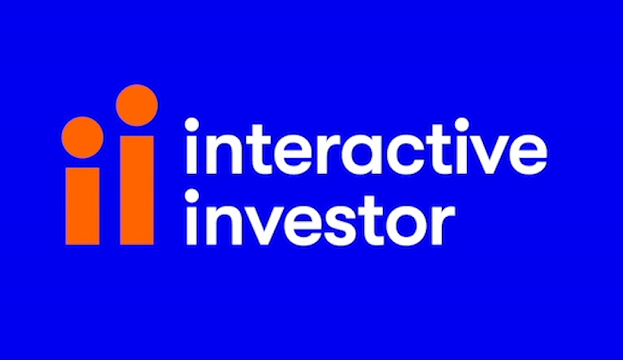What does middle-aged renting mean for retirement?
Latest statistics show a big increase in older renters, but pensions may be suffering.
17th December 2020 14:56
by Rebecca O'Connor from interactive investor
Latest statistics show a big increase in older renters, but pensions may be suffering.

Responding to findings in the English Housing Survey, published today, which shows a “considerable increase in the proportion of 35-44 year olds in the private rented sector (from 17% in 2009-10 to 27% in 2019-20)”, as well as an increase in the number and proportion of people aged 55-64 living in the private rented sector, from 7% in 2009-10 to 10% in 2019-20);
Becky O’Connor, Head of Pensions and Savings for interactive investor, said: “The older demographic of private renters is a worrying trend from the point of view of financing retirement.
“Estimates for what pot size people need for a decent retirement do not generally factor in the cost of rent, as it has traditionally been assumed that most people will have paid all their housing costs in the form of a mortgage before they retire.
“But increasingly, housing costs in the form of rent payments and also mortgage payments that for whatever reason have extended beyond retirement age, are becoming an additional challenge for those trying to live off their pension.
“It is harder for people who have started families to save for deposits to buy a home, as they have the cost of having children to grapple with. This means that for the group who have started families before buying a home, there is a real risk that they will not manage to get on the ladder through deposit saving alone.
“For people renting in middle age now who do not expect they will be able to get on the ladder, it’s important to be aware of the extra pension they will need in years to come to cover the cost of renting into retirement.”
These articles are provided for information purposes only. Occasionally, an opinion about whether to buy or sell a specific investment may be provided by third parties. The content is not intended to be a personal recommendation to buy or sell any financial instrument or product, or to adopt any investment strategy as it is not provided based on an assessment of your investing knowledge and experience, your financial situation or your investment objectives. The value of your investments, and the income derived from them, may go down as well as up. You may not get back all the money that you invest. The investments referred to in this article may not be suitable for all investors, and if in doubt, an investor should seek advice from a qualified investment adviser.
Full performance can be found on the company or index summary page on the interactive investor website. Simply click on the company's or index name highlighted in the article.